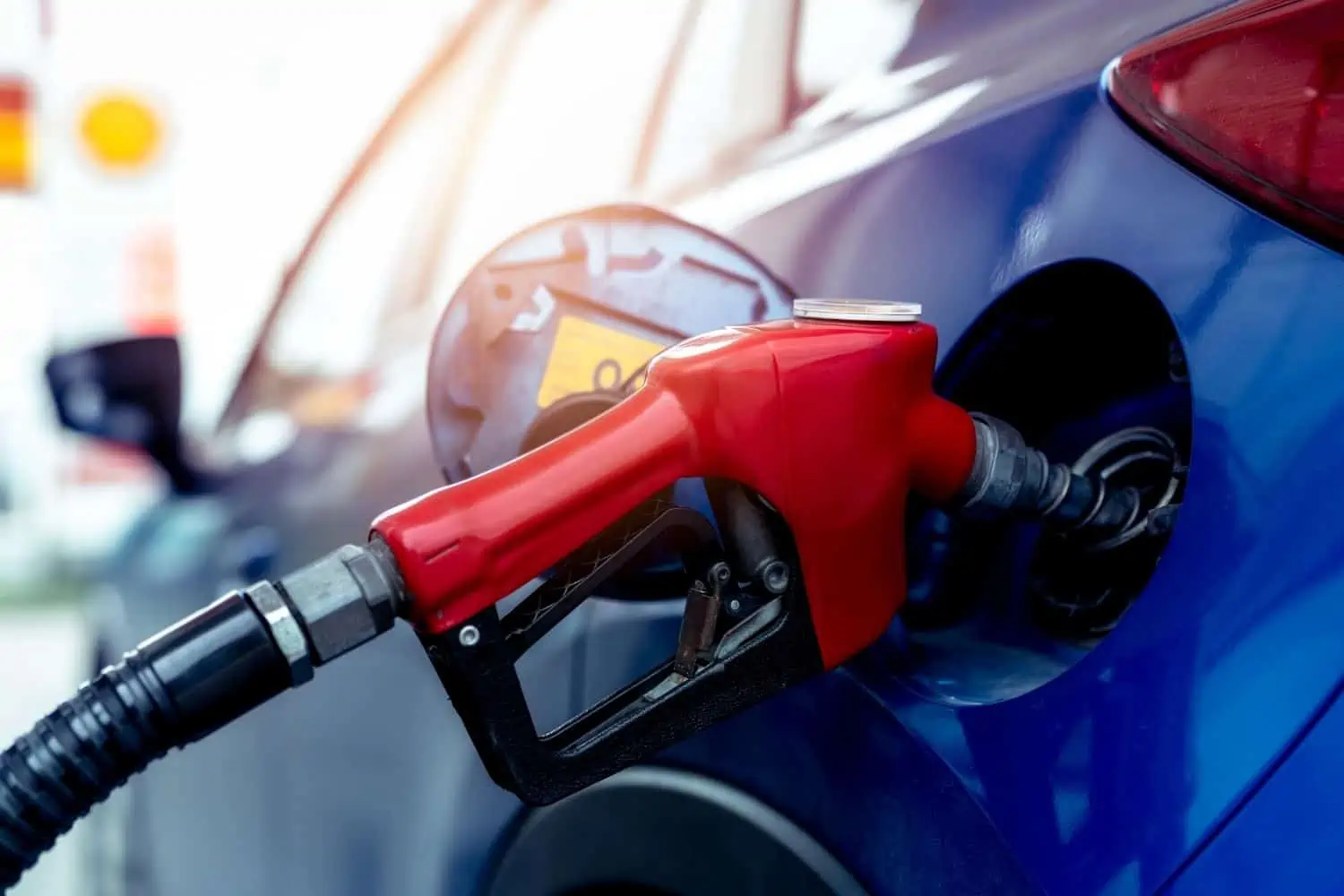The Department of Mineral Resources and Energy has officially published the latest petrol price adjustments for March 2022 – and South Africans are in for another shock.
The petrol price increases for March are as follows:
- Petrol 95: increase of R1.46 per litre;
- Petrol 93: increase of R1.46 per litre;
- Diesel 0.05%: increase of R1.44 per litre;
- Diesel 0.005%: increase of R1.48 per litre;
- Illuminating Paraffin: increase R1.21 per litre.
When looking at the Rand/US Dollar exchange rate for the period of 28 January to 24 February 2022, it was 15.2343. This compared to 15.5081 during the previous period.
This then led to a lower contribution to the Basic Fuel Prices on petrol by 19.59 c/l, diesel by 19.66 c/l and illuminating paraffin by 19.44 c/l.
Slate Levy only adds to the increased petrol prices
Furthermore, the slate levy was also increased by a further 15 cents per litre. And according to the department, the combined cumulative petrol and diesel Slate balances came to a negative balance of R5. 102 billion at the end of January 2022.
And so, staying in line with the provisions of the Self-Adjusting Slate Levy Mechanism, a Slate Levy of 46.06 c/l will have to be implemented in the prices structures of petrol and diesel from 2 March 2022. This is an increase of 15.36 c/l, compared to the previous Slate Levy.
| Fuel (Inland) | February official | March official |
|---|---|---|
| 95 Petrol | R20.14 | R21.60 |
| 93 Petrol | R19.89 | R21.35 |
| 0.05% diesel (wholesale) | R18.04 | R19.49 |
| 0.005% diesel (wholesale) | R18.07 | R19.55 |
| Illuminating Paraffin | R11.97 | R13.19 |
The Ukraine invasion plays a big part in the petrol price increase
The Automobile Association (AA) also commented on the price hike and explained how it will have a long-term impact on inflation, especially.
“The massive fuel increases announced by the Department of Mineral Resources and Energy (DMRE) today will have a sharp and immediate effect on the poor, and a long-term impact on inflation.
“These increases will certainly impact on every single South African given the reliance the country has on fuels for transportation, manufacturing and in the agricultural sector.”
The group further explained that the intense increases for March are mainly due to the rising international petroleum prices. And this is a result of Russia’s invasion of Ukraine.
And according to the AA, the price hike “would have been more severe” if the rand did not stabilise against the US Dollar in the last few weeks.
“For now, it’s a question of wait and see how these prices move in the next few weeks.
“One silver lining, though, is that any potential increases will not be combined with increases to fuel taxes as the minister of finance earlier this week announced the General Fuel and Road Accident Fund levies will not increase this year. This is good news, but must be tempered by what happens in the next few weeks to the overall pricing of fuel.”
